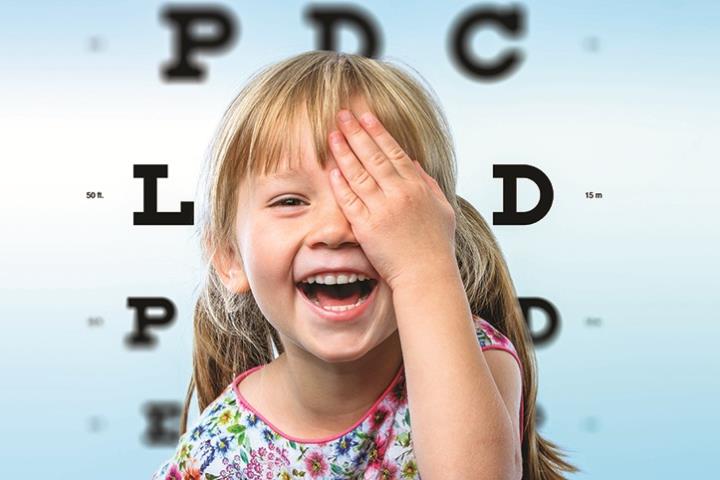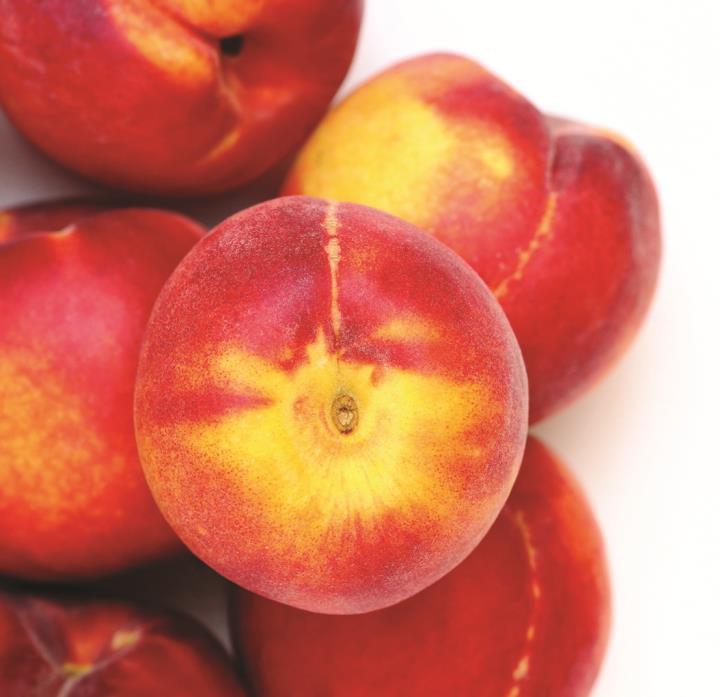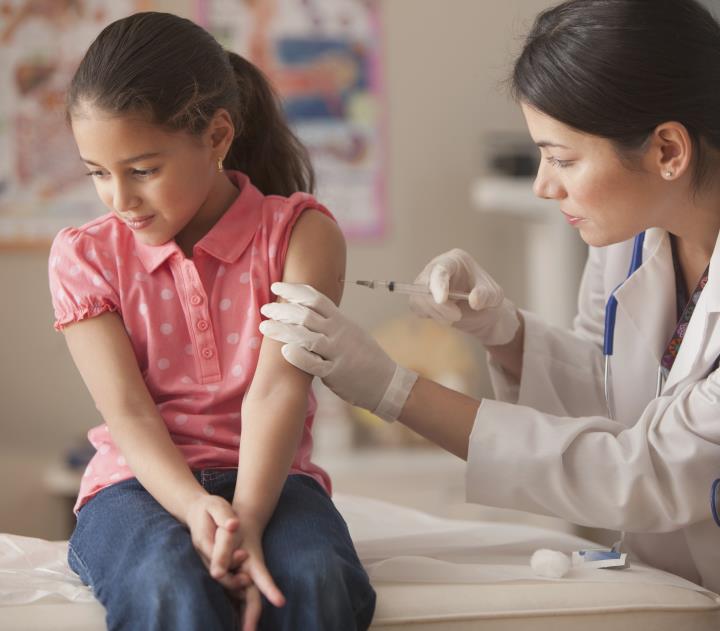Jul 29, 2025

There is no definitive age when a child may need to get eyeglasses. However, the American Association for Pediatric Ophthalmology and Strabismus notes that children's visual systems are still developing during the first 12 years of their life, and during this period wearing glasses can be important for normal vision development. Glasses can help straighten crossed or misaligned eyes, bolster weak vision caused by differences in vision between a child's eyes, and even protect the stronger eye.
The American Academy of Pediatrics recommends children begin vision screening around age 3 and receive annual screenings each year at ages 4, 5, and 6. After that, screening is recommended when children turn 8, 10, 12, and 15. Of course, parents who begin to suspect their children are having trouble with their vision are urged to take the child to an ophthalmologist once such suspicions arise.
Some notable signs include inexplicable declines in academic performance, children sitting closer to the television than they once did and children's own remarks regarding their vision if they say anything at all.
Peaches: The Sweet Superfruit You Shouldn’t Overlook

Antioxidant Armor: Packed with vitamin C, beta-carotene, and polyphenols, peaches help fight oxidative stress and support immune health. One medium peach delivers about 6.6 mg of vitamin C—roughly 7% of your daily needs, according to Healthline.
Heart & Gut Helpers: Peach extract has been shown in animal studies to lower cholesterol and blood pressure. With 196 mg of potassium and 2.4 grams of fiber per fruit, peaches support heart health and keep digestion on track.
Skin, Vision & Hydration: Beta-carotene boosts eye health, while peaches’ high water content (over 85%) helps keep skin glowing and hydrated.
Naturally Slimming: Low in calories (under 70 per large peach) and high in fiber, peaches satisfy sweet cravings and help you feel full longer.
Easy Ways to Enjoy: Grill with fish or other meats, toss into salads, blend into smoothies, or bake into cobblers (for balance, of course).
For more information, visit https://www.healthline.com/nutrition/peach-fruit-benefits

August is National Immunization Awareness Month, a time to spotlight the importance of staying up to date on vaccines for all ages. As families prepare for back-to-school routines, it’s the perfect moment to schedule well-child visits and ensure children receive recommended immunizations. According to CDC.gov, vaccines protect against serious illnesses like measles, polio, and whooping cough, helping keep classrooms and communities safe. Immunization isn’t just for kids or teens - adults need boosters too. By talking with trusted healthcare providers and checking vaccine schedules, parents can make informed choices that safeguard their families. Prevention is powerful, and vaccines are one of our strongest tools.
71% The number of people who have been told by a Medical Professional that their symptoms were not real. Source SHEMedia Gaslighting Survey
59% Increase in insomnia risk from using smartphones or tablets in bed for 1 hour. Source: Frontiers in Psychiatry

Opting for a cup of pasta instead of a cup of white rice, potatoes, or white bread can help you lose weight, suggests a study in the Journal of the American Nutrition Association. Those who made that trade dropped more than those who stuck to their usual “white carb” ways. Turns out pasta is lower on the glycemic index (GI), which means it doesn’t raise your blood sugar as much. That’s key since eating lower GI foods has been shown to speed fat burning.








